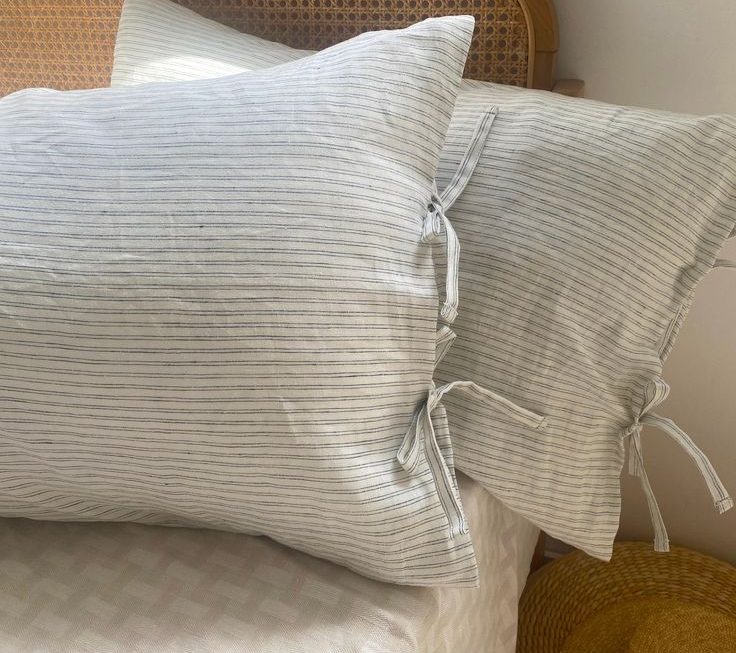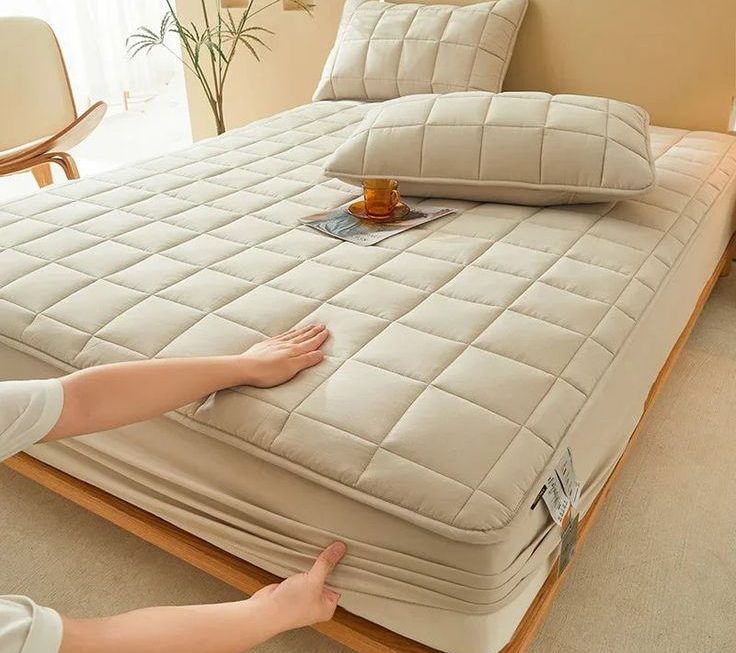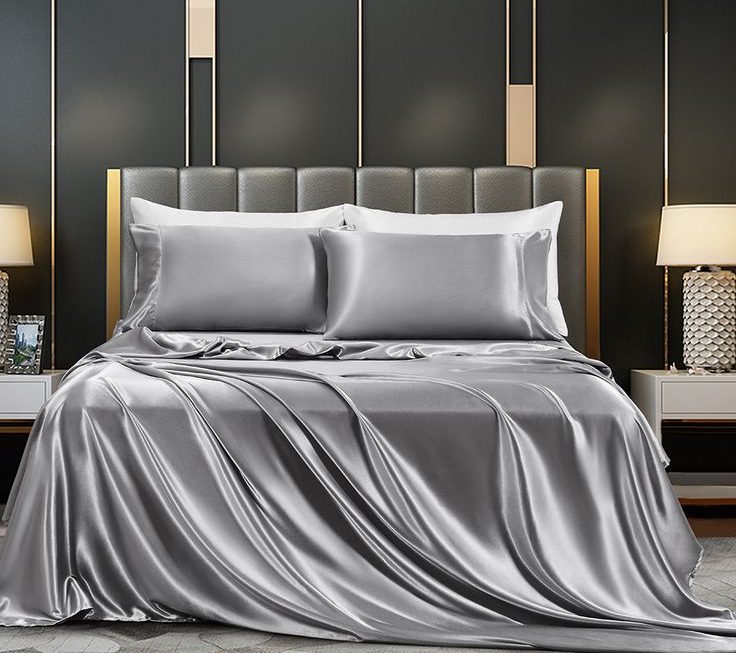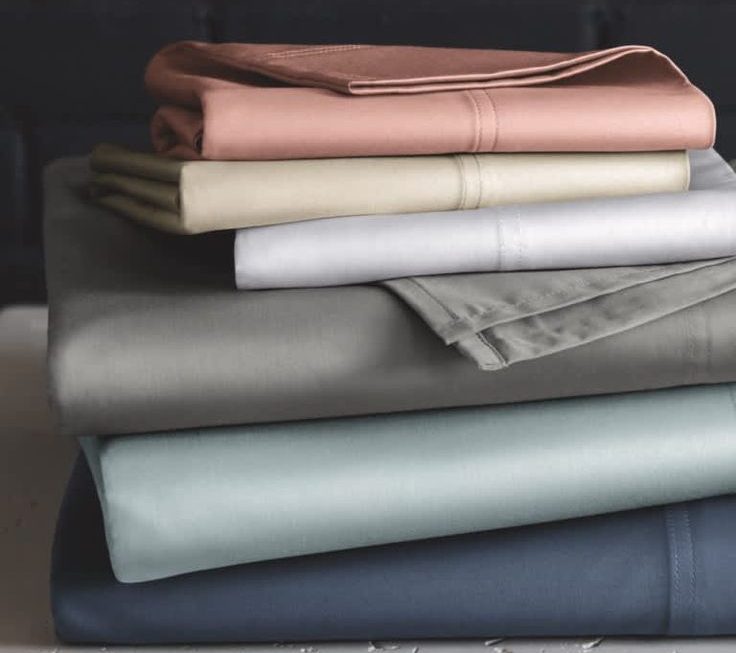When it comes to making our bedrooms cozy and stylish, pillow cases play a crucial role. From selecting the right materials to understanding various sizes and styles, the world of pillow cases is vast and often overwhelming. This ultimate guide will walk you through everything you need to know about pillow cases, including their different sizes, materials, styles, and tips for maintaining them. By the end, you’ll be equipped with the knowledge to choose the perfect pillow cases for your home.
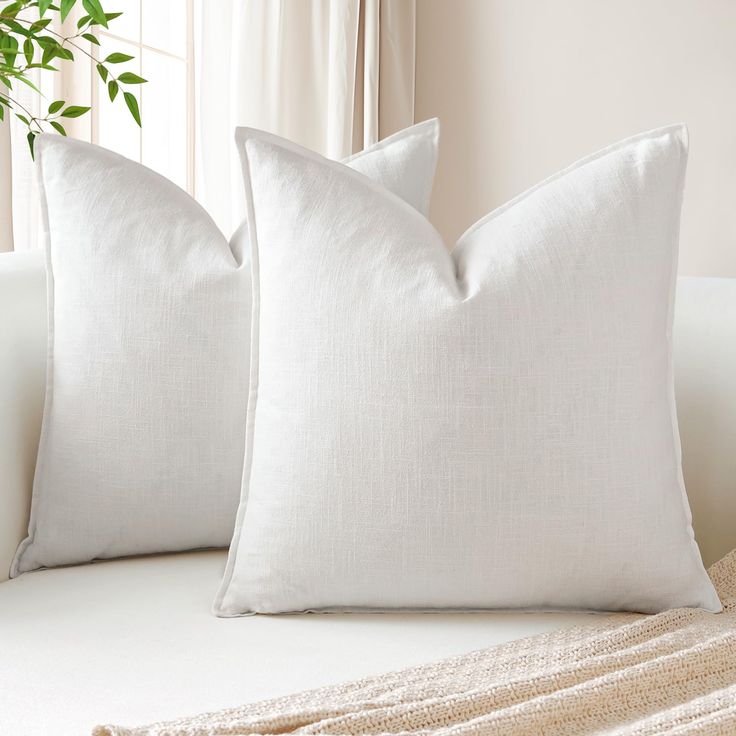
Understanding the Different Sizes of Pillow Cases
Pillow cases come in a range of sizes, and selecting the right one is essential for both comfort and aesthetics. The most common sizes include standard, queen, and king, each designed to fit accordingly sized pillows. The standard pillow case typically measures 20 x 26 inches and fits pillows used on twin and full-size beds. The queen size, slightly larger at 20 x 30 inches, is perfect for accommodating queen-sized pillows, while the king size, measuring 20 x 36 inches, is designed for king-sized pillows.
In addition to these standard sizes, there are specialized pillow cases designed for decorative or therapeutic pillows, such as euro pillows, which measure 26 x 26 inches, or body pillows that can range from 20 x 54 inches. Understanding these dimensions is crucial, as the wrong pillow case can lead to discomfort or an unappealing look. Make sure to accurately measure your pillows before purchasing your pillow cases to avoid any sizing mishaps.
Types of Materials Used in Pillow Cases
Pillow cases come in a variety of materials, each with unique textures and benefits that cater to different preferences and needs. Here are some common fabrics used in pillow cases:
- Cotton:
Cotton is the most popular choice, known for its softness and breathability.
It is ideal for everyday use and accommodates a variety of sleeping positions.
Cotton pillow cases are machine-washable, making them easy to care for and maintain.
Satin:
Satin pillow cases are favored for their luxurious feel and elegant sheen.
They create a smooth surface that reduces friction on hair and skin, making them beneficial for those with sensitive skin or hair.
However, satin requires more delicate care, often needing hand washing or specific washing machine settings.
Silk:
Similar to satin, silk pillow cases offer a sumptuous texture and luxurious experience.
They help prevent hair from tangling and minimize the occurrence of sleep lines on the skin.
Silk pillow cases also require careful maintenance and can be more expensive than other materials.
Linen:
Linen is a rustic choice known for its breathability and durability.
It is particularly suitable for warm climates due to its moisture-wicking properties.
While linen feels rougher against the skin initially, it becomes softer with each wash.
In summary, the choice of pillow case material significantly impacts sleep quality and comfort. Each fabric offers distinct advantages and considerations, guiding you to select the best option based on your personal preferences and needs.
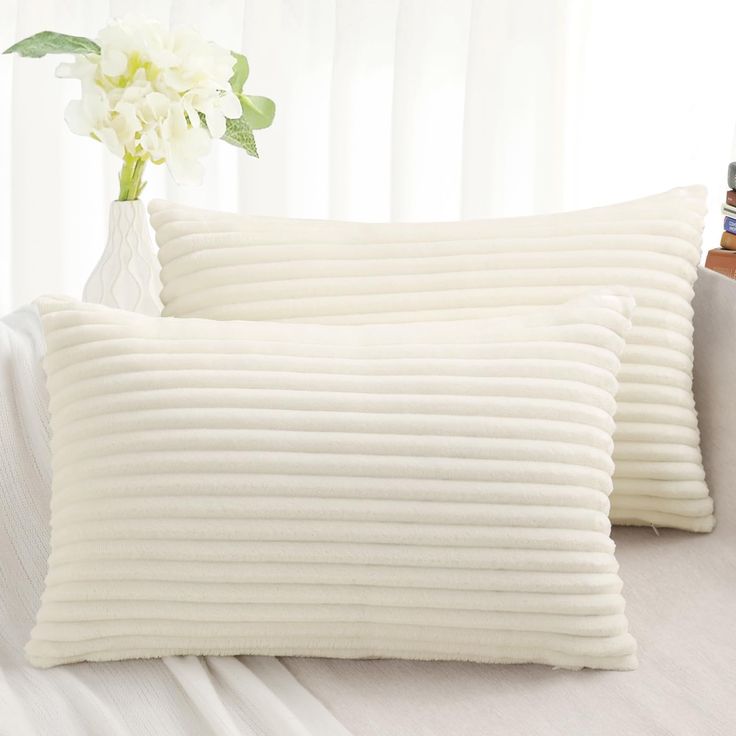
Popular Styles of Pillow Cover
The style of a pillow case can significantly alter the ambiance of your bedroom. From solid colors to intricate patterns, there are countless styles to choose from. Some popular styles include classic solid-colored pillow cases, decorative printed cases that enhance your bedding, and embroidered or appliqué cases for an elegant touch.
For those who prefer a minimalist approach, solid-colored pillow cases in neutral tones can provide a calming effect. On the other hand, vibrant patterns can serve as focal points in a well-coordinated bedding ensemble. Consider seasonal variations and feel free to switch between styles to keep your bedroom looking fresh and inviting.
Ultimately, the style of your pillow cases can reflect your personality and help create a balanced aesthetic in your bedroom decor. Don’t hesitate to experiment with different styles until you find the one that resonates with your personal taste.
The Benefits of Using Hypoallergenic Pillow Cases
For allergy sufferers, hypoallergenic pillow cases offer numerous benefits. These specially designed pillow cases are made from materials that resist allergens such as dust mites, mold, and pet dander, ensuring a healthier sleep environment. Many hypoallergenic pillow cases are also made of tightly woven fabrics that prevent allergens from penetrating the material.
Using hypoallergenic pillow cases can significantly reduce allergy symptoms, allowing for a more restful night’s sleep. Additionally, they are often machine-washable, making it easy to maintain a clean and healthy sleeping surface. If you or your loved ones struggle with allergies, investing in these types of pillow cases can make a significant difference in your overall comfort.
Choosing hypoallergenic pillow cases is not only a smart choice for health but also an easy way to incorporate wellness into your bedroom. Make sure to check for certifications that confirm their effectiveness in reducing allergens.
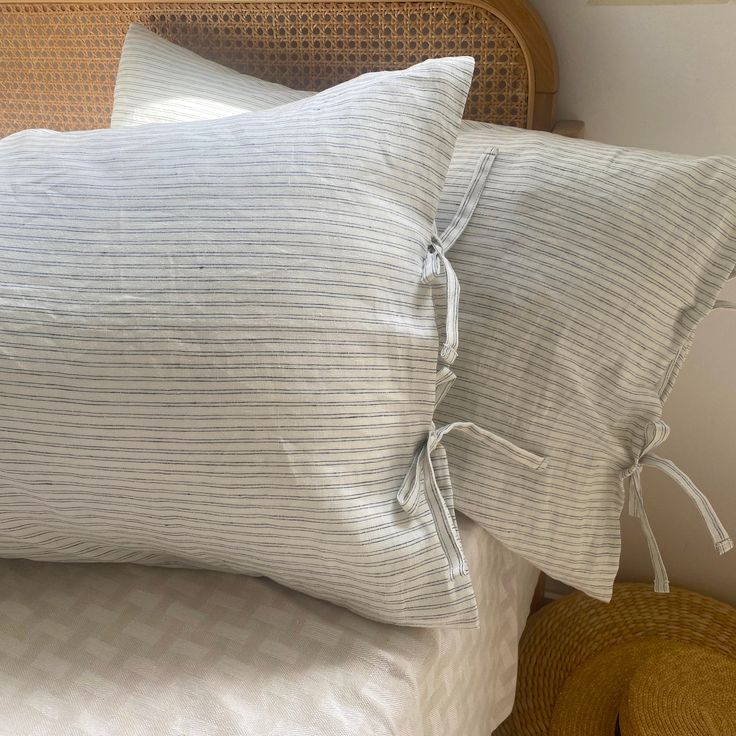
Care Tips for Pillow Slips
Proper care and maintenance of pillow cases can significantly extend their lifespan and ensure they remain comfortable and beautiful. Washing pillow cases regularly is important for hygiene, as they can accumulate oils, sweat, and dirt over time. Aim to wash your pillow cases every one to two weeks, and always follow the care instructions on the label to avoid damage.
When washing, consider using a mild detergent and avoid bleach, which can cause fading and deterioration of the fabric. It is also advisable to use a gentle cycle to protect the fibers. For fabrics like satin and silk, hand-washing or dry cleaning may be necessary to maintain their quality.
When it comes to drying, air drying is always preferable to maintain the integrity of the fabric. If you must use a dryer, opt for a low heat setting to prevent shrinkage or damage. Proper care not only keeps your pillow cases looking their best but also enhances your overall sleep hygiene.
Choosing the Right Pillow Case for Your Needs
Selecting the right pillow case for your needs involves considering various factors, such as your sleeping style, skin sensitivities, and desired aesthetics. If you often experience discomfort or irritation, look for breathable, soft materials that will help you sleep peacefully. For those with long hair, investing in satin or silk cases can help reduce frizz and tangles.
Moreover, consider your bedroom’s decor. Your choice of colors and patterns in pillow cases can either complement or clash with your existing bedding, so it’s essential to find pieces that work harmoniously together.
Additionally, think about your lifestyle. If you have pets or children, durable pillow cases that are easy to clean might be more suitable. By taking these factors into account, you can ensure that you choose pillow cases that cater to your specific needs while enhancing your bedroom decor.
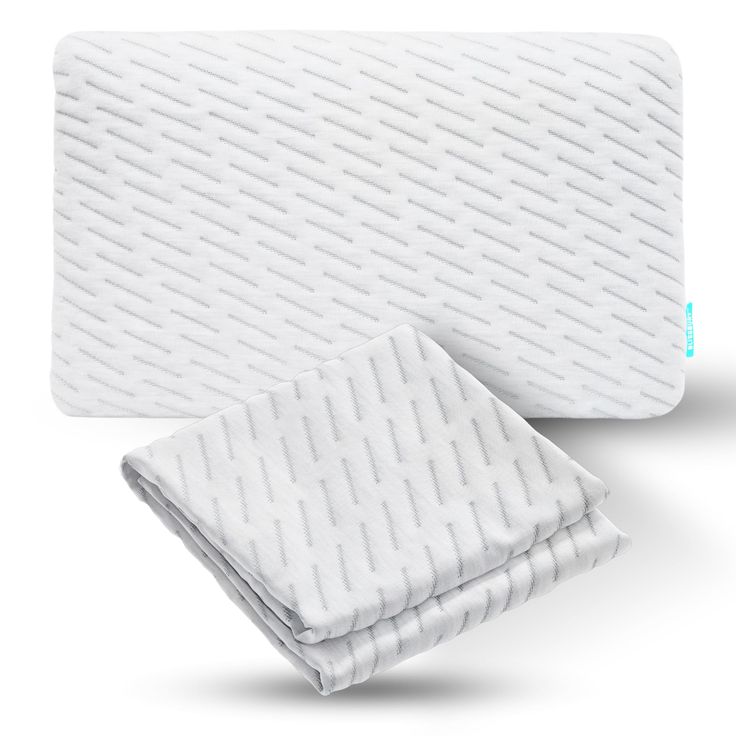
The Impact of Thread Count on Pillow Slip Quality
Thread count is a term often associated with the quality of bed linens, including pillow cases. It refers to the number of threads woven into one square inch of fabric. While a higher thread count is typically associated with softer and more durable fabrics, it’s essential to consider the quality of the fibers as well.
A thread count of 200-400 is generally considered good for cotton pillow cases, offering a balance of softness and durability. Anything above 600 might feel luxurious, but be cautious, as some manufacturers inflate thread counts through clever techniques that may not genuinely reflect the fabric’s quality.
Knowing about thread count can help you make informed decisions when shopping for your pillow cases. Focus not only on the number but also on the type of material and weave used, as these factors ultimately contribute to the overall comfort and longevity of your pillow cases.
Customizing Your Pillow Slips
For those who want to add a personal touch to their bedding, customizing pillow slips can be a creative and fun option. Many companies offer customizable pillow cases where you can choose the fabric, size, color, and even add personal designs or monograms. Custom pillow cases can make for thoughtful gifts or unique decorative elements in your home.
Customization gives you the flexibility to match your pillow slips to your specific style and preferences. Whether you’re looking for something unique for your master bedroom or a quirky design for a child’s room, personalized pillow cases offer endless possibilities to express yourself.
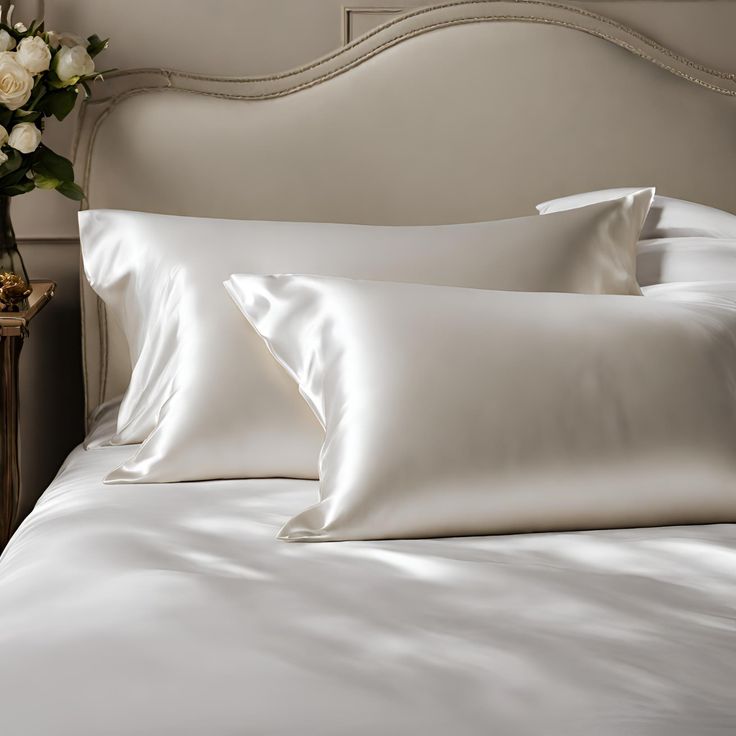
Conclusion
In conclusion, picking the perfect pillow cases involves much more than just aesthetics—they play a considerable role in your comfort and overall sleep quality. By understanding sizes, materials, styles, and how to care for your pillow slips, you can make informed decisions that benefit your sleep hygiene and bedroom decor. Embrace the variety of options available to find the ideal pillow cases that enhance your sleeping experience, and transform your bedroom into a personal sanctuary.
